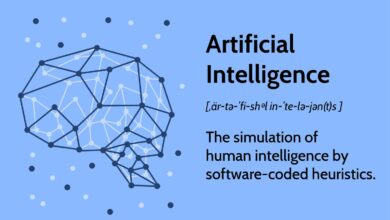A Challenge for the Mexican Tax Administration Service to Audit

By: Mauricio Iturralde Punzo (Acedo Santamarina)
Pursuant to Article 21 of the Mexican Tax Administration Service Law, the Mexican Ministry of Finance and Public Credit must draft and publish an annual continuous improvement program. This program sets specific tax-related goals, such as combating tax evasion and avoidance, improving tax collection, and reducing collection costs. For this year, the Mexican Tax Administration Service (SAT) released the “Master Plan 2024,” which highlights auditing priorities like vulnerable activities, taxes on foreign trade and domestic taxes, improper applications of VAT balances, the fuel market, and simulated transactions.
Over the years, SAT has employed various methods to audit transactions that threaten Mexican revenue, as outlined in Article 42 of the Federal Tax Code. The most aggressive of these methods include domiciliary visits and the implementation of electronic tax reviews. However, federal tax authorities have found these efforts insufficient. Thus, the “Master Plan 2024” includes the use of graph analytics and machine learning models—an AI program for identifying risky operations, detecting taxpayers engaging in evasive practices, and spotting inconsistencies in digital tax receipts (CFDIs).
Machine learning is now being used by SAT to enhance collection efficiency. This technology employs algorithms that continuously improve error detection, making the auditing process more effective than traditional methods, which relied heavily on human resources and existing infrastructure.
However, the idea of AI-driven audits causes concern for two main reasons: (i) the fear that AI could overcompensate for the deficiencies of tax authorities, potentially identifying more taxpayers in simulated transactions, and (ii) the risk that AI might blur the line between auditing and violating human rights such as identity, dignity, and security. In 2019, the Organization for Economic Cooperation and Development (OECD) issued recommendations for the design and use of AI, which include: (i) AI should primarily serve people, (ii) AI should respect the rule of law, human rights, democratic values, and diversity, (iii) AI management should be transparent and accountable, allowing individuals to know when they are interacting with it and to challenge outcomes, (iv) AI should operate reliably and safely with managed risks, and (v) those developing or managing AI should be accountable for its proper operation…



